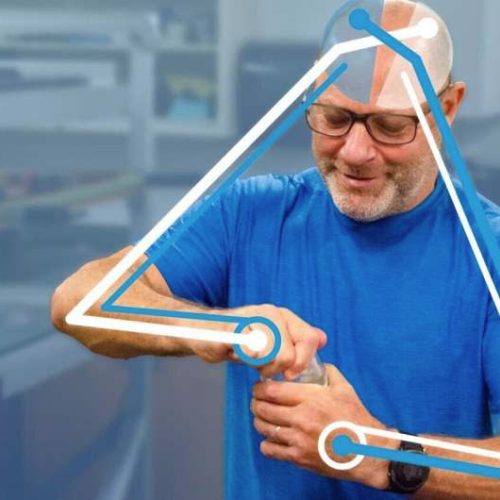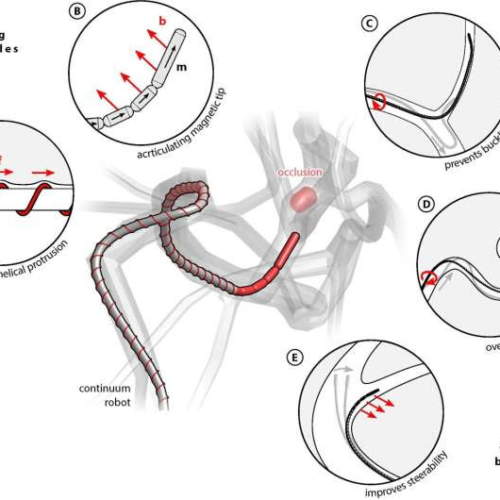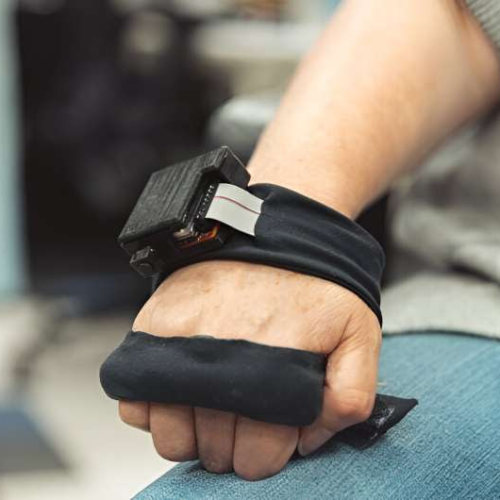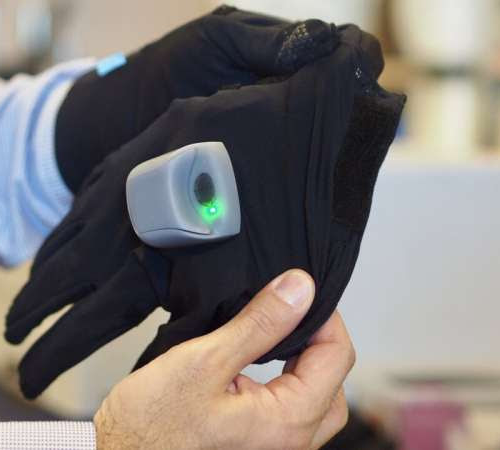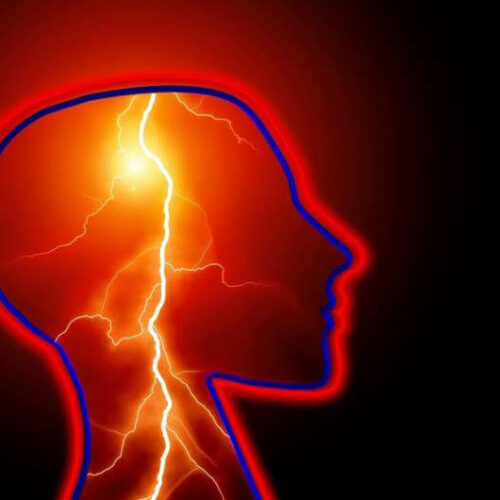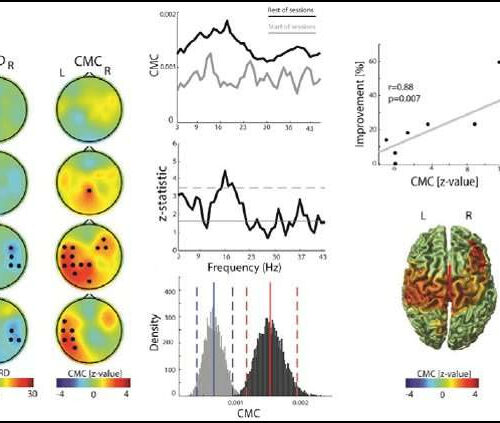by The University of Hong Kong Credit: Anna Shvets from Pexels A recent study conducted by the LKS Faculty of Medicine of the University of Hong Kong (HKUMed) found that mislabeled NSAID (Non-Steroidal Anti-Inflammatory Drug) allergies for stroke patients hinders the use of effective medications for them, leading to poorer treatment outcomes. It also revealed that...
Tag: <span>stroke patients</span>
Examining apixaban vs aspirin in patients with cancer and cryptogenic stroke
by Ochsner Health System Credit: Pixabay/CC0 Public Domain Ochsner Health physicians Dr. Richard Zweifler and Dr. Joseph Tarsia are co-authors on a post hoc analysis carried out in the ARCADIA randomized clinical trial, comparing the effectiveness of apixaban versus aspirin in preventing adverse clinical outcomes in patients with a history of cancer and cryptogenic stroke....
Stroke patients could benefit from earlier blood thinning treatment, finds research
by Poppy Tombs, University College London Time-to-event curves of the primary composite outcome of recurrent ischaemic stroke, symptomatic intracranial haemorrhage, unclassifiable stroke, or systemic embolism at 90 days. Credit: The Lancet (2024). DOI: 10.1016/S0140-6736(24)02197-4 People with atrial fibrillation (AF) who have a stroke could benefit from blood thinning treatments, known as anticoagulants, at an earlier stage than is...
Alternative understanding of brain leads to new treatments for stroke patients
JULY 12, 2024 by Aaron Wagner, Pennsylvania State University The idea of complimentary dominance — both hemispheres of the brain contribute to different aspects of movement in both halves of the body — was developed by Professor Robert Sainburg, pictured here, who studied the hypothesis it for decades. Credit: Dennis Maney / Penn State. Creative...
Magnetically operated robot can move through arteries to treat stroke patients
by Bob Yirka , Medical Xpress Helical mCR with articulated magnetic tip. (A) The helical protrusion on the outer surface of the continuum robot, upon rotation, pushes the robot tip forward. (B) The segmented articulating magnetic tip increases the magnetic volume and decreases bending stiffness for improved steerability. (C) The helical robot prevents buckling and...
Vibrating glove helps stroke patients recover from muscle spasms
by Andrew Myers, Stanford University The VTS Glove on a patient’s hand. The team engineered and fabricated over 20 devices for this study in-house in Stanford labs. Credit: Andrew BrodheadAfter a stroke, survivors often experience uncontrollable spasms that can twist their arms and hands into perpetual fists. The only treatments are expensive, frequently painful injections of...
‘Smart glove’ can boost hand mobility of stroke patients
by Lou Corpuz-Bosshart, University of British Columbia The glove is wireless, stretchy and can be easily washed after removing the battery. Credit: Lou BosshartThis month, a group of stroke survivors in B.C. will test a new technology designed to aid their recovery, and ultimately restore use of their limbs and hands. Participants will wear a new...
Daily rhythm detected for cerebral blood flow in stroke patients
by Brigham and Women’s Hospital Credit: CC0 Public Domain Strokes are a leading cause of morbidity and mortality in the United States, as well as around the world. Various environmental and biological factors are known to affect the risks and outcomes of strokes. A new study led by investigators from Brigham and Women’s Hospital, a...
Some stroke patients become more fatigued afterwards
NORWEGIAN UNIVERSITY OF SCIENCE AND TECHNOLOGY Approximately 9 000 people are admitted to Norwegian hospitals with stroke each year. About half of these patients feel exhausted afterwards, and many patients sleep more during the day than before the stroke. These after-effects are challenging and significantly affect patients’ everyday life. However, we still have a limited understanding...
Brain-robot therapy reroutes motor pathway in stroke patients
by Society for Neuroscience Modulation of motor imagery-related event-related desynchronization (ERD) and cortico-muscular coherence (CMC). Credit: Khademi et al., JNeurosci 2022 Brain-robot interfaces—apparatuses where brain activity controls the movements of a robotic device that supports a hand or limb—show promise in rehabilitating paralyzed stroke patients. Yet the exact way the therapy impacts the brain is unknown, making...
- 1
- 2

